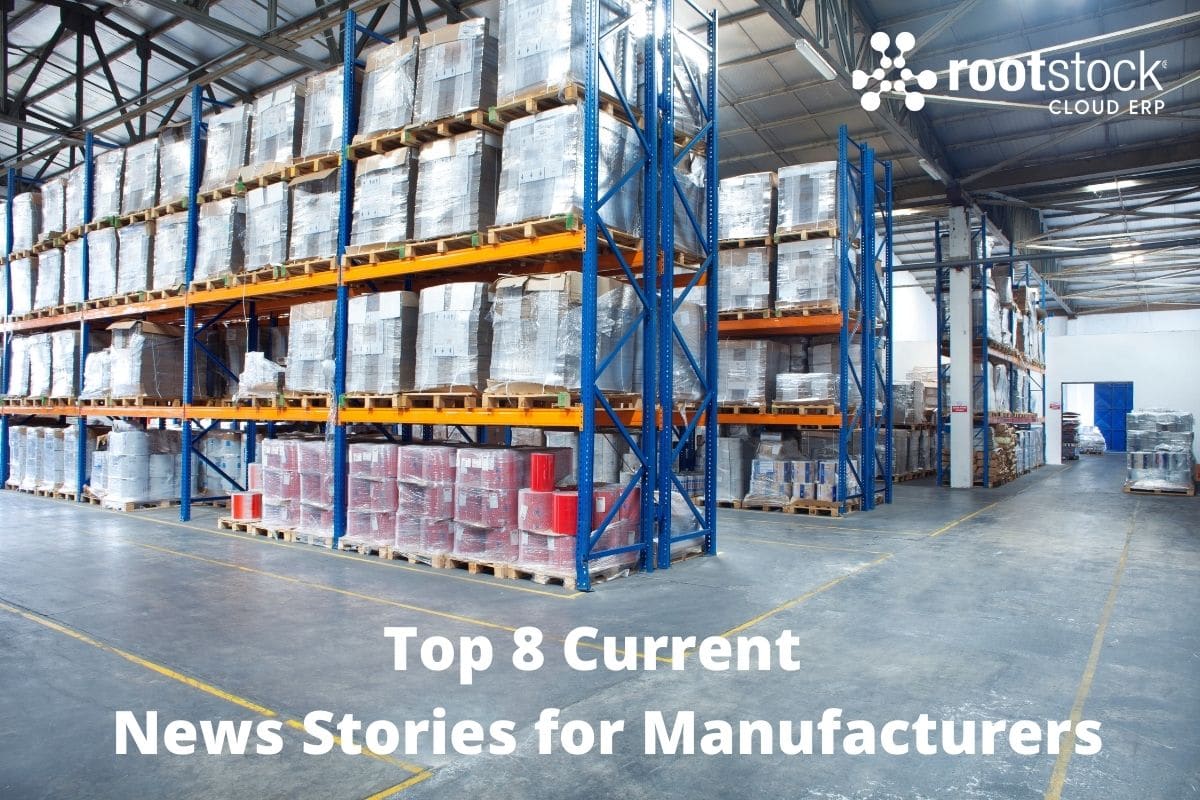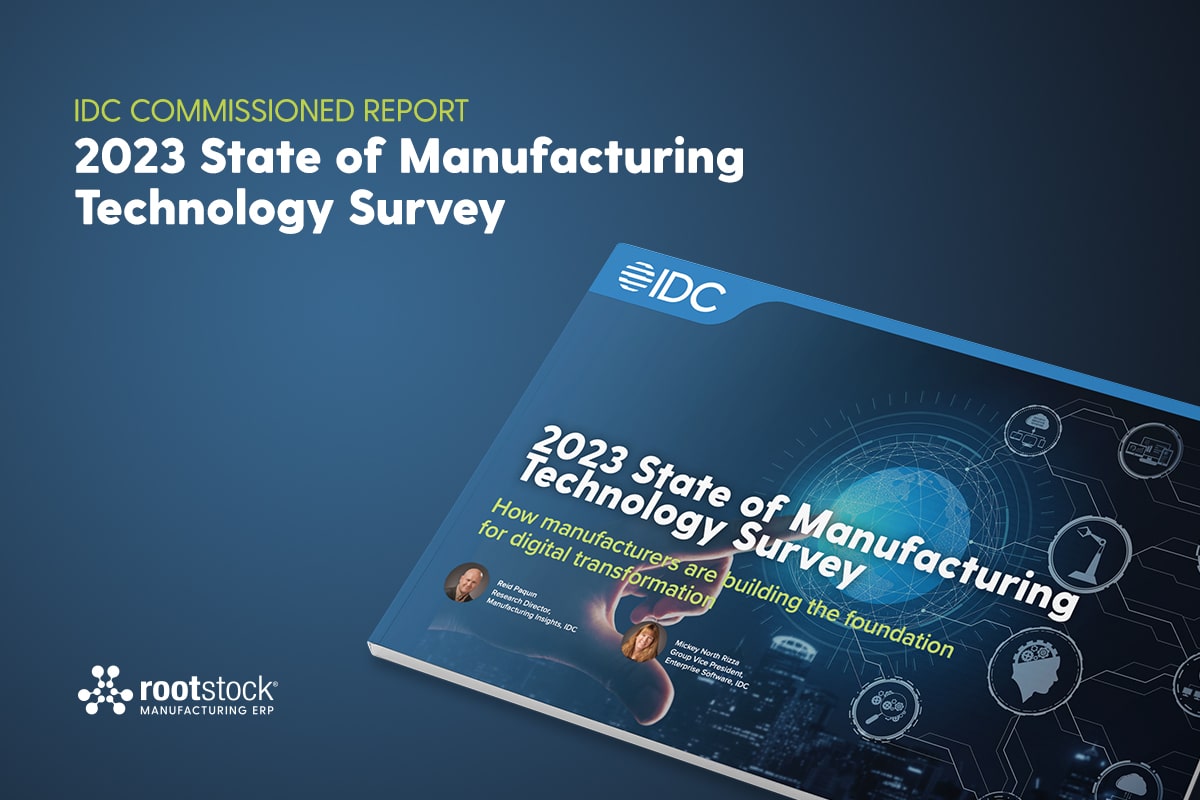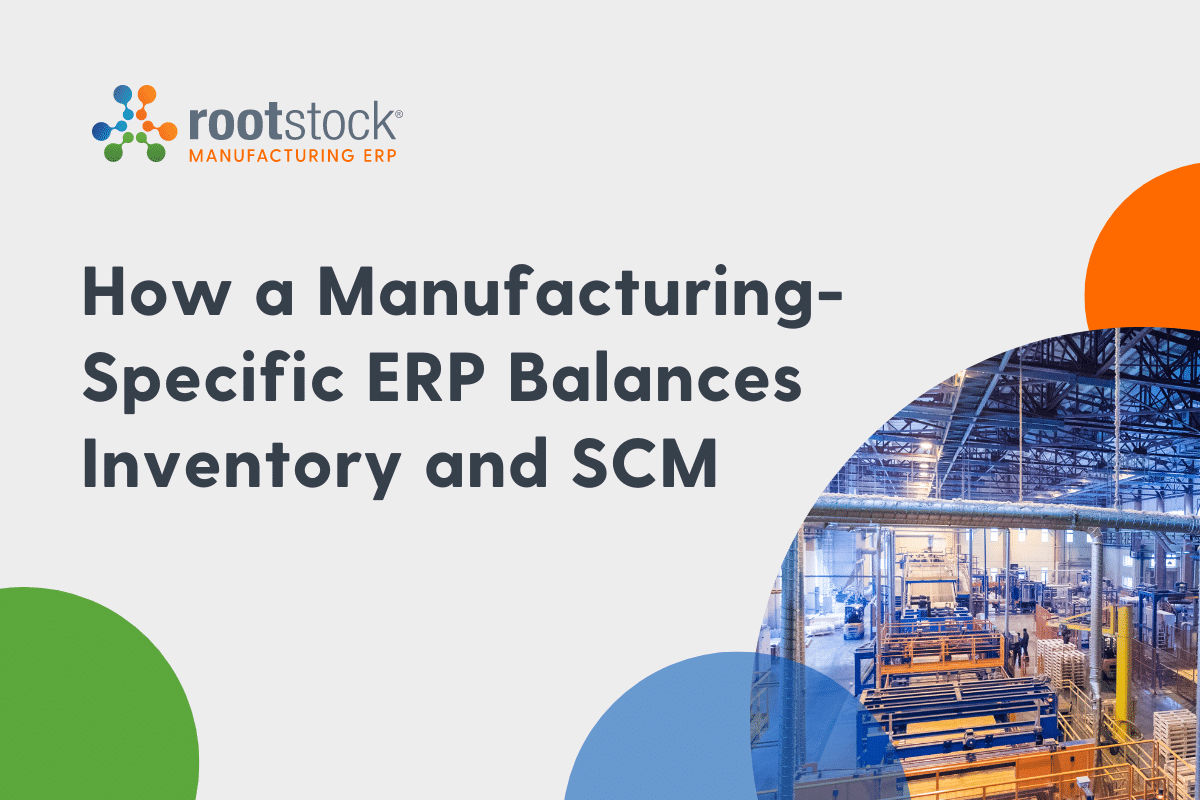
Why the Supply Chain Crisis Needs Long-Term Solutions
This timely article from Industry Today describes how companies should focus on sustainable medium- and long-term solutions to the supply chain crisis. Strategies such as increasing supply chain visibility, aligning marketing with the realities of the supply chain, and carefully managing inventory SKUs all provide greater communication and visibility to the supply to enable leaders to get creative and innovative with solutions.
Apple Chip Shortage Will End, But U.S.-China Supply Chain ‘Train Wreck’ Is Coming
Apple recently announced that it had lost the equivalent of $6 billion in sales due to semiconductor chip shortages. The chip shortage is leading many to press for more chip production within the U.S. as part of improving supply chains for the key technology. This is yet another example that shows why manufacturing firms need to prepare their business for greater agility and responsiveness.
6 Digital Trends Impacting Manufacturing
This fascinating article discusses some of the latest digital trends affecting manufacturing. It breaks down these trends into different digital transformation approaches that can be applied across an enterprise, including:
- IoT
- Workplace safety
- Changing from B2B to B2C
- Changes to ERP systems
- 3D printing
- Remote servicing
Anatomy Of a Medical Device Recall: How Defective Products Can Slip Through an Outdated System
Medical device manufacturers face many challenges but recalls of defective products is surely one of the most critical because they can affect patient health and safety. This article takes a deep dive into the medical device recall process, identifying error-prone, paper processes as one the culprits responsible for defective products and pointing to the importance of digital transformation in this important industry.
Cloud Computing in 2021
A few years ago, the question facing manufacturers used to be “Should my company move to ERP in the cloud?” Now the question is no longer if but when. The cloud computing industry increased by 380% in the last decade and was valued at 370 billion USD in 2020. In addition to including these and other eye-opening stats, this article discusses the latest trends in cloud computing, including:
- Sustainable growth
- Edge computing, which means distributed computing bringing computation and data storage closer to data sources.
- Multiclouds
- Hybrid clouds
- Cloud security improvements
CEO Discusses What’s in Store for Manufacturing in 2022
This is an interview with Berk Birand, founder and CEO of Fero Labs, which makes industrial process optimization software using Explainable Machine Learning to help factories reduce emissions, optimize quality, and increase profits. Explainable Machine Learning is artificial intelligence in which the results of the solution can be easily understood by humans. In the interview, Mr. Birand talks about what manufacturers learned in 2021, and the future of global manufacturing in 2022.
Mobile Health Industry Thriving Thanks to Wearable Technology
Learn about the latest advances in mobile health technology, including wearable healthcare devices, in this short but interesting article from Medical Device Network. Wearable technology allows patients to wear medical devices on their body in the form of smartwatches, smart glasses, and other fitness trackers.
How Precision Machining Is Affecting the Future State of Medical Devices
Precision machining is required in many industries, including electronics and medical devices. In fact, these CNC (computer numerical control) machines are used to make many medical components and devices. This article discusses how precision machining allows the manufacturer of surgical tools, implants, and other critical medical devices.






